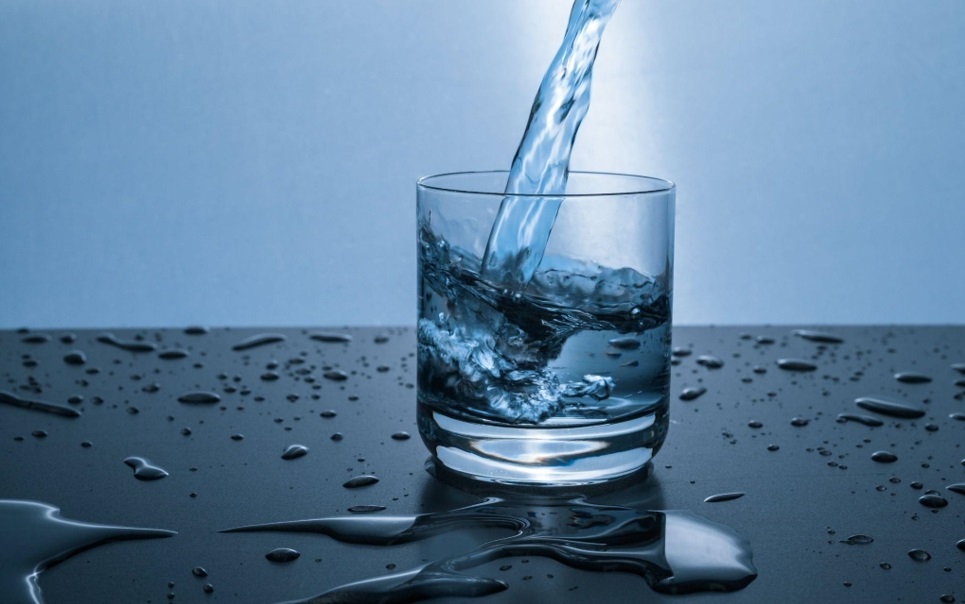pH refers to the alkalinity or acidity of water. The pH scale ranges from 0 to 14. Seven is neutral, with everything under being acidic and everything over being alkaline. pH can be measured in all water, but often, people are concerned about the pH of their drinking water because it affects the taste and safety of the water.
As you might expect, the best water pH is close to neutral, usually in the pH range of 6.5 to 8.5. What should you know about pH, and how can you improve the pH range of the drinking water in your home?
Why Is It Important to Maintain the Right pH?
Although it might not seem as if pH balance is important, it plays a crucial role in the health of your drinking water. Water isn’t the only thing with a pH. Your body has a pH, and if your body becomes too acidic, it can lead to health problems. Too alkaline, in some instances, can also be detrimental.
The food and water you consume affect your blood pH, so it’s essential to know the pH of certain foods and the water you drink. Water plays a crucial role in maintaining your body’s perfect pH level, which supports optimal health.
Your body’s pH should stay between 7.35 and 7.45. This is very close to neutral, leaning slightly toward alkaline. Staying within this range ensures your body functions properly. Your blood pH affects:
- Metabolic reactions
- Functioning of enzymes
- Homeostasis
- Nutrient absorption
pH plays a vital role in the function of biological systems and processes for you and all living organisms.
What Happens if You Drink Acidic Water?
Water is essential for life, but not all water is created equally. Drink the wrong water, and the health consequences can be devastating – even fatal.
Although you likely won’t perish if you have a sip of acidic water, it’s not ideal for your health. And if you’re drinking acidic water consistently, you have a high risk of developing severe health problems.
Acidic water disrupts your body’s natural balance and causes acidity to develop in your body. This puts you at risk of a variety of health issues, including:
- Digestive issues
- Inflammation
- Reduced immune function
- Osteoporosis
- Kidney stones
What Factors Affect the pH of Water?
Many things influence the pH value of water. One of the most important factors is the substances in the water. Acidic substances in water make it acidic. Add hydrochloric acid to water, and, as you might guess, the water becomes acidic.
Additionally, the amount of carbon dioxide in water affects the acidity. Carbon dioxide naturally dissolves in water. This forms carbonic acid, which lowers the pH of water, making it more acidic.
Finally, certain minerals in water affect the pH. Minerals can leach into water as they flow through the soil and into and through the pipes in your home.
How Do You Test pH?
How do you tell if your water’s pH value is a problem? It’s unlikely you can look at your water and tell if it’s acidic. You might be able to tell by the residue left behind, but the water itself will look normal.
The taste of the water can indicate its pH, but this isn’t a fail-proof testing method. If you’re used to water with a high pH level, you might not notice it as a problem. Likewise, some people aren’t that sensitive to the taste of water.
Still others don’t like the taste of any water, so they add flavouring to it for drinking, which masks any “off” taste due to pH.
The best way to know if your water’s pH is ideal is to use testing strips or a pH meter. This gives you an accurate reading of your water’s pH. The strips are simple to use. All you need to do is dip the strip into the water sample and wait for it to change colour.
You then compare the strip’s colour to the key included with the test kit. Test strips are pretty accurate but not as accurate as a pH meter. pH meters give you the most precise reading on a digital screen.
What Are the Health Problems Linked to pH?
One of the most important reasons the pH of your drinking water is essential is because it affects your health.
If the pH level of your water is too low, it’s acidic and can cause gastrointestinal issues. Common digestive problems associated with low pH include:
- Diarrhea
- Stomachaches
- Leaky gut
Although alkaline water is better, it is possible for drinking water to be too alkaline. Alkaline water tends to taste bitter. It, too, can cause digestive issues.
Drinking too much alkaline water also negatively affects your body’s pH and can interfere with your body’s organs and other essential functions. Some people develop metabolic imbalances.
Improving Drinking Water
If you’re concerned about your water’s pH or you’ve developed health issues and believe your water’s acidity is to blame, there are things you can do to fix the problem.
Filters are one of the best options for dealing with acidic water. Filters soften water and eliminate mineral buildup before you drink it.
To shop for Berkey water filters or to learn more about the best way to deal with pH problems with your water, email or call for more information.


